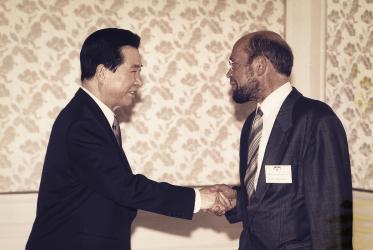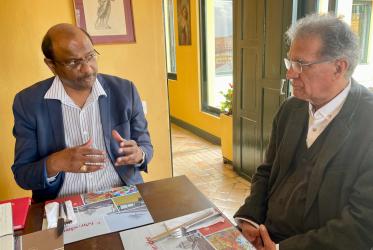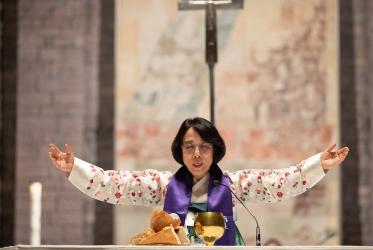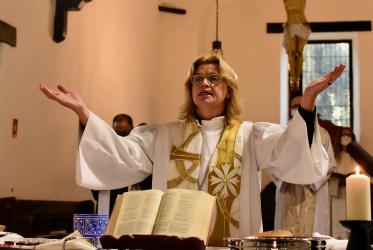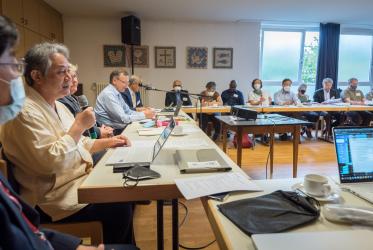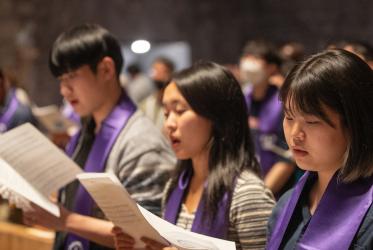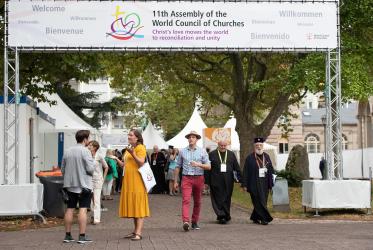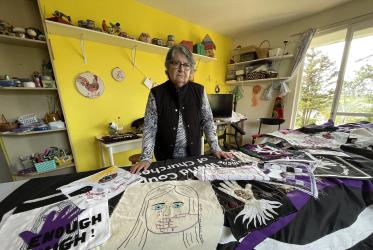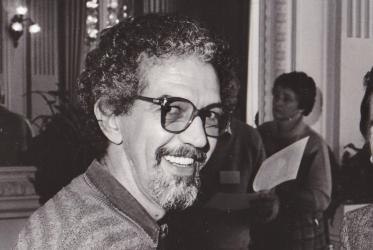Displaying 1 - 20 of 88
In Chile, “Churches’ ministry of reconciliation is key”
29 November 2022
Pastor Peter Stucky wins Menno Simons Preaching Prize 2022
15 September 2022
Side-by-side, they pray for peaceful unification of the Korean Peninsula
06 September 2022
Climate crisis fuels existing water injustice
27 October 2021
